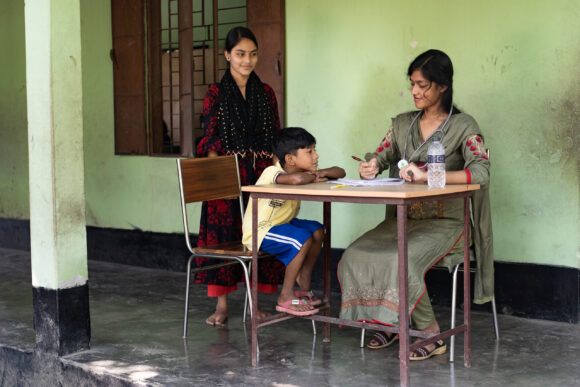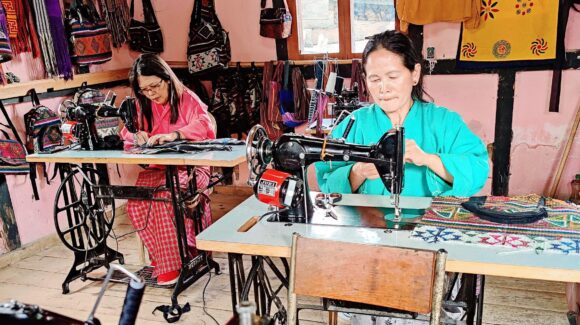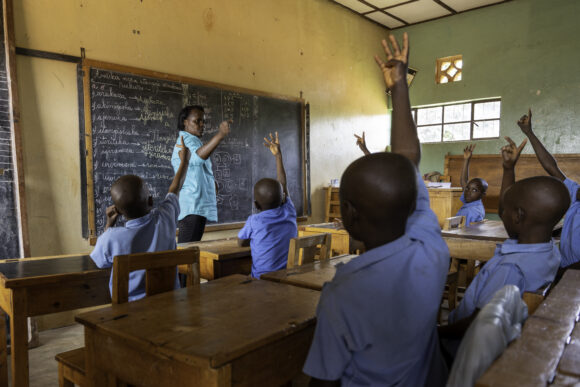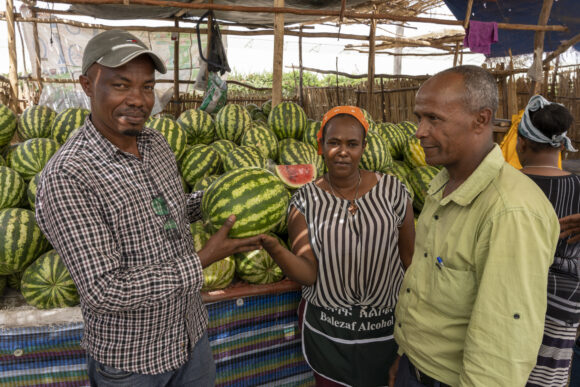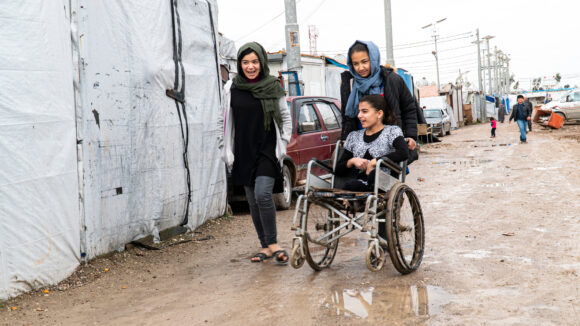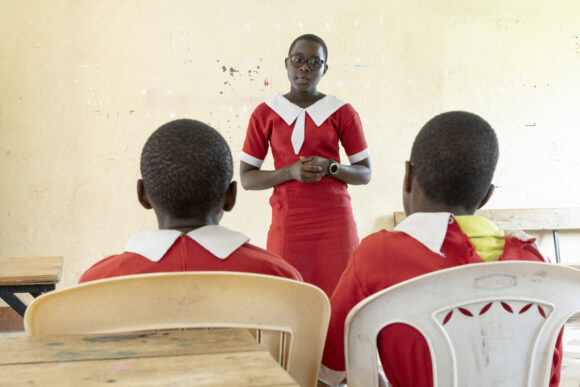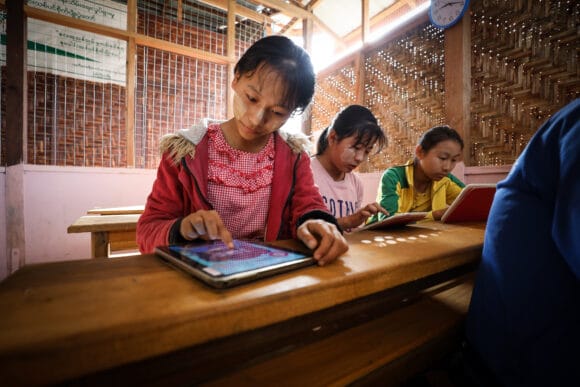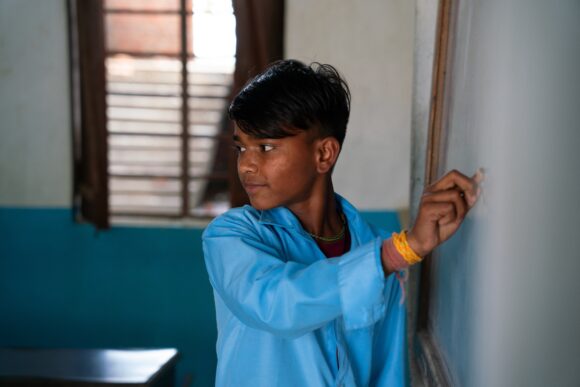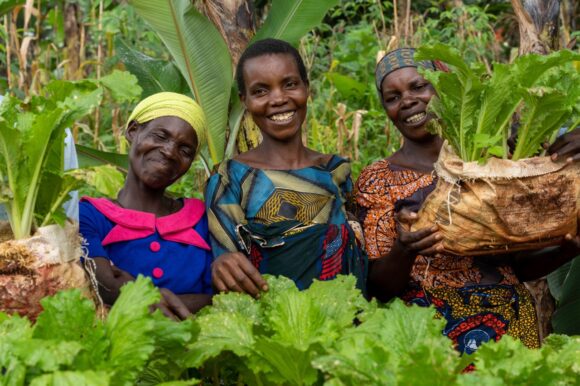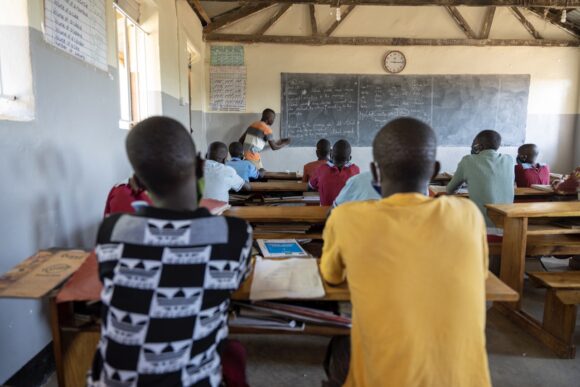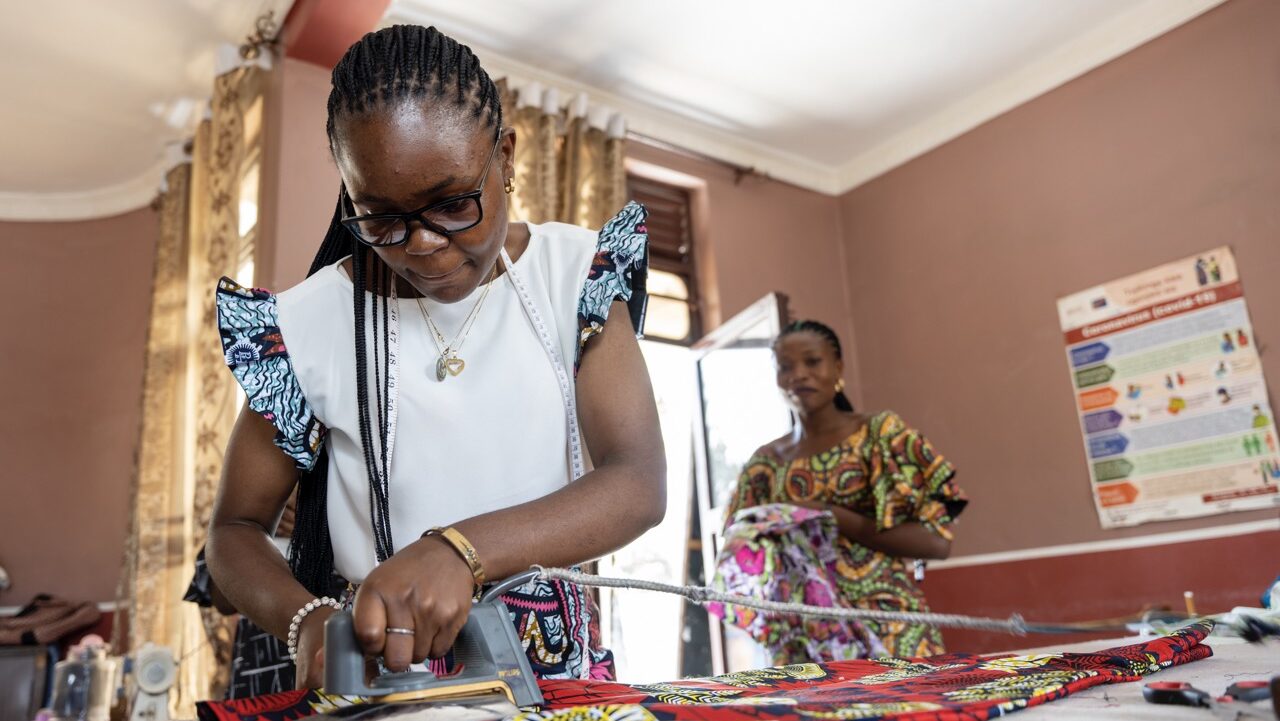
In the Democratic Republic of the Congo (DRC), we promote peacebuilding and support children’s rights to equal and high-quality education. Additionally, we strengthen the rights of people with disabilities, and support gender equality. Our partner is local Pentecostal Church, CEPAC.
The DRC is one of the poorest countries in the world, with more than half of its population living in poverty. Two civil wars killed millions of people in the DRC in the 1990s. Lasting peace has still not been established in the country, conflicts between armed groups continuing. These conflicts have forced more than five million people to leave their homes and resulted in 7.7 million children being unable to attend school. Up to two in five children are malnourished.
Fida Promotes Peace, Gender Equality, and Human Rights
Fida and church partner, CEPAC, have established peace clubs for children and young people, which increase a sense of belonging in communities. Peacebuilding and dispute resolution skills are taught in peace clubs, which have significantly reduced bullying in schools.
Work against sexual violence is carried out in collaboration with a health department led by Nobel Peace Prize laureate, Denis Mukwege. Victims of rape receive medical care and gain access to support programs, such as peer support groups. The programs promote recovery and support a return to everyday life. Advocacy is an essential part of this work, which helps to change societal attitudes in the direction of nonviolence.
Groups also support building for the future, such as by securing livelihoods and addressing topics relevant to children and young people. In the DRC, table banking group training is organised, which encourages saving. It also enables individuals to get a loan, who would not otherwise be able to secure one. Many use these loans to start their own businesses, which improves livelihoods. For women, table banks also enable economic independence.
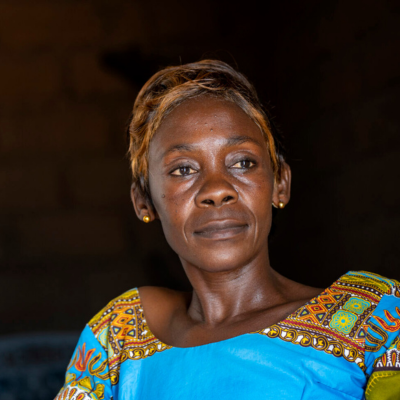

I built a house with group savings.
Birgitte, savings and loan group member, Kalenge village.
People are provided with information and training on reproductive and sexual health and rights. This aims to enable communities to address difficult topics, such as teenage pregnancy. The local partner receives training in child protection, to enable its staff to support children living in conflict zones. This can be carried out by setting up play areas in refugee areas, for instance.
Education for Teachers, and Communication Skills Training for Children
Teachers are offered training on child-centred and inclusive teaching methods. The rights of children with disabilities are promoted through education and campaigns. Emotional and relational skills are promoted in support groups, which have been set up in schools. These aim to improve the resilience of communities, especially during crises. Teachers, students, as well as students’ parents participate in the groups. Refugee children living in safe play areas built by Fida and CEPAC are informed about children’s health and rights. Some children also receive therapy.
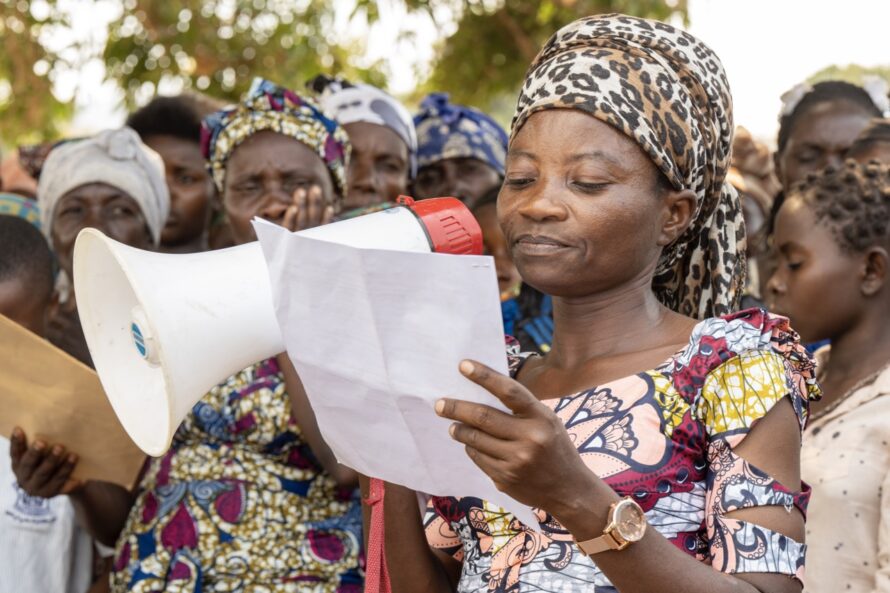

Get to know our work
